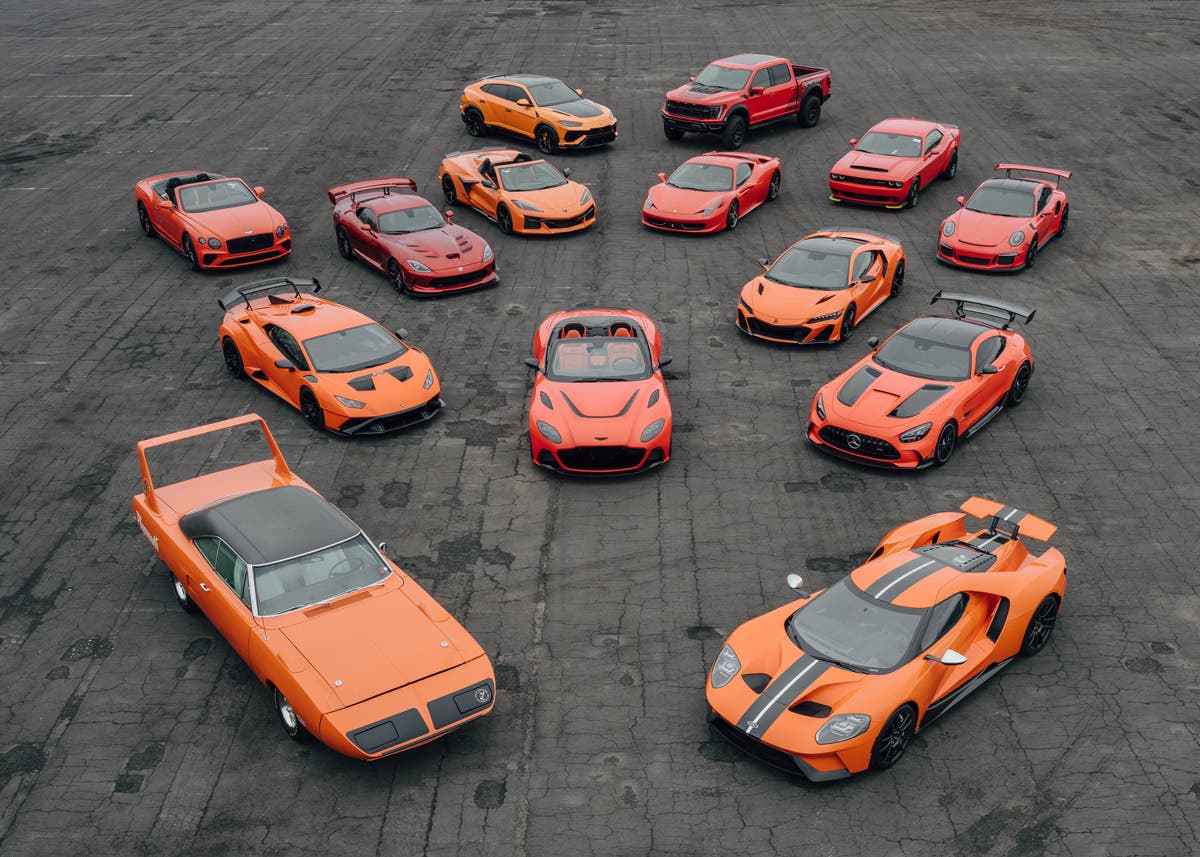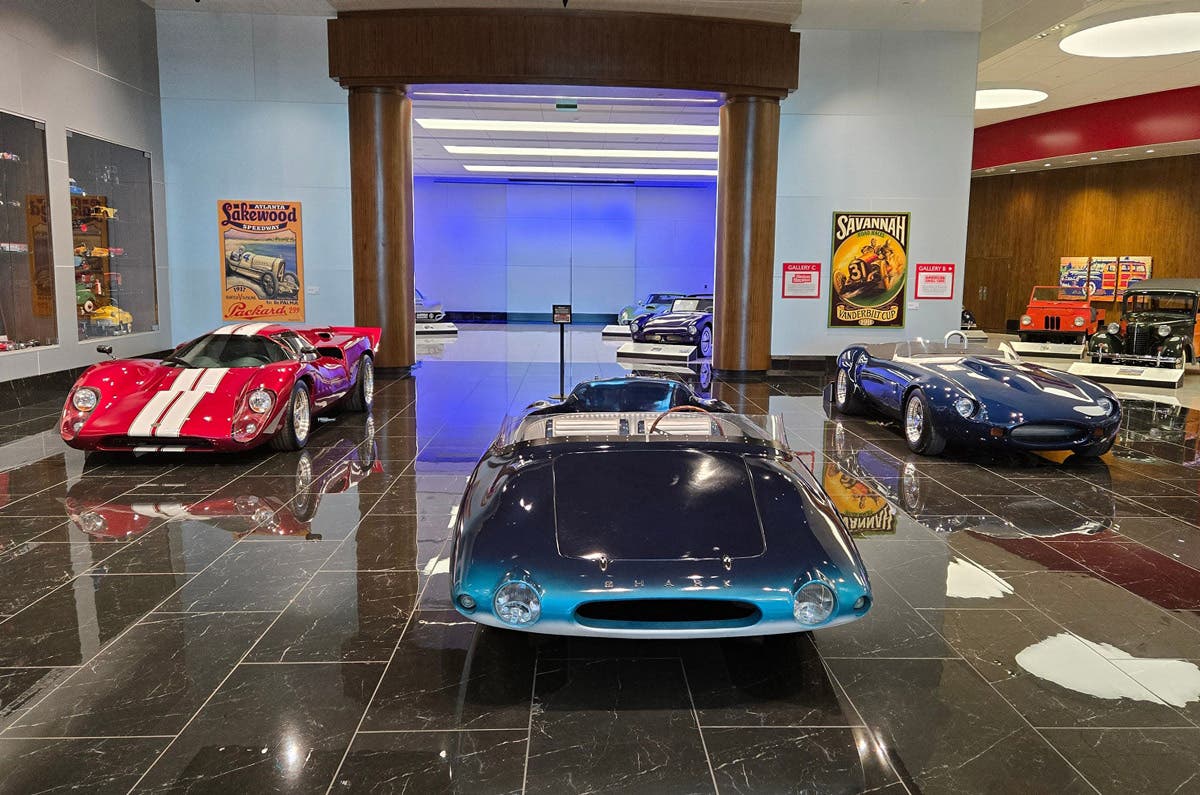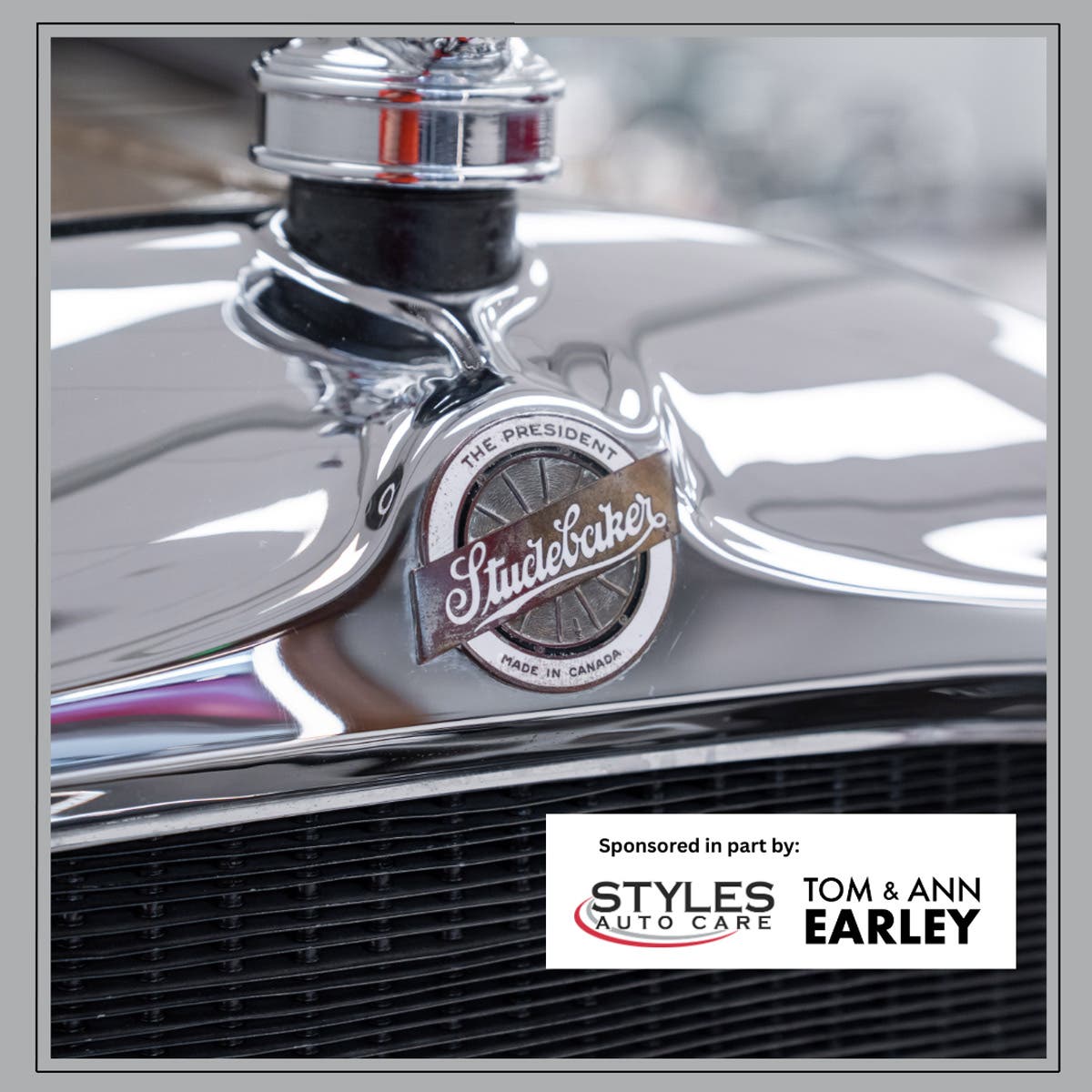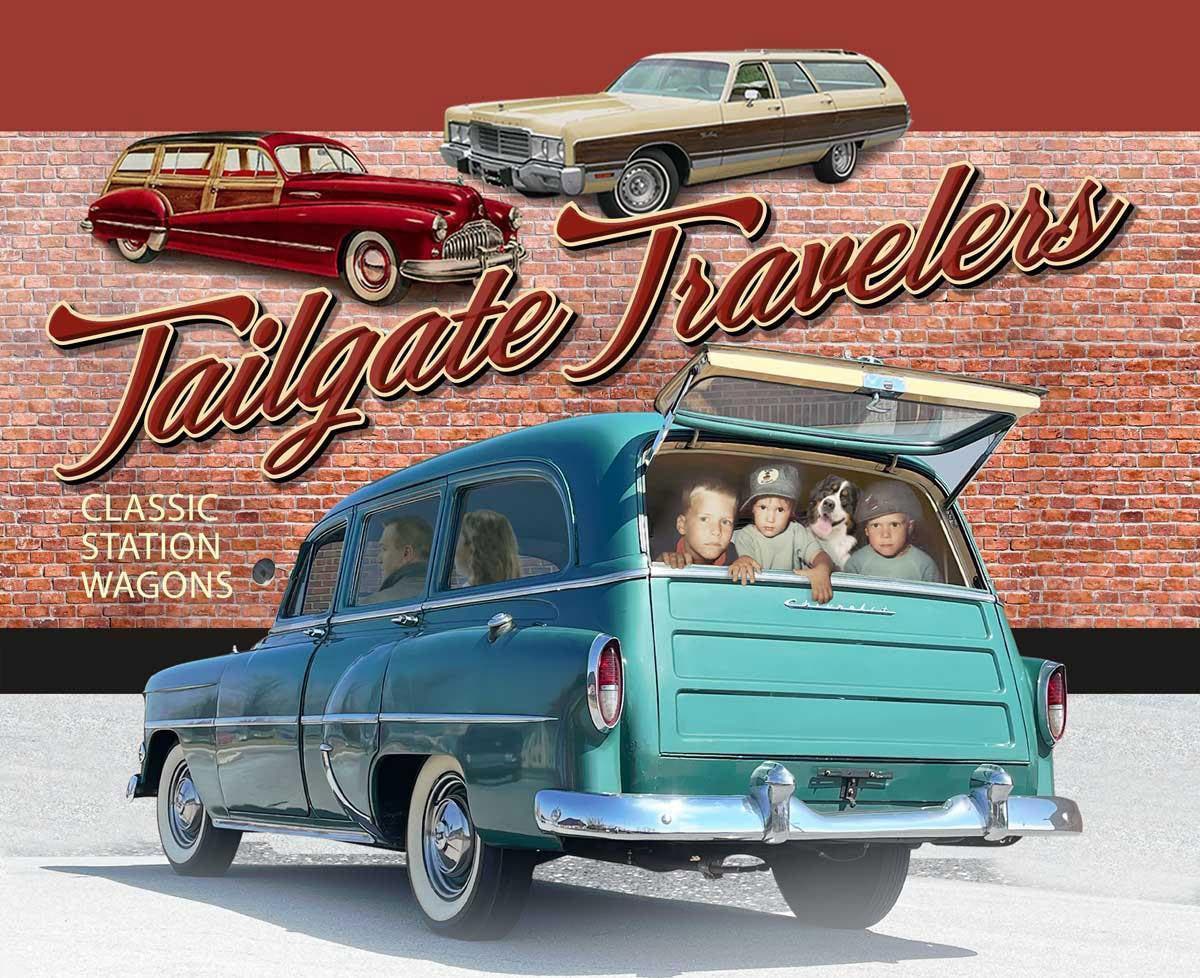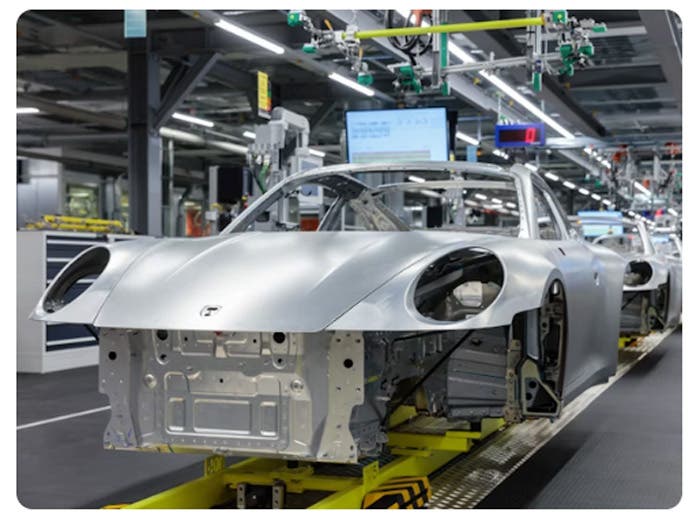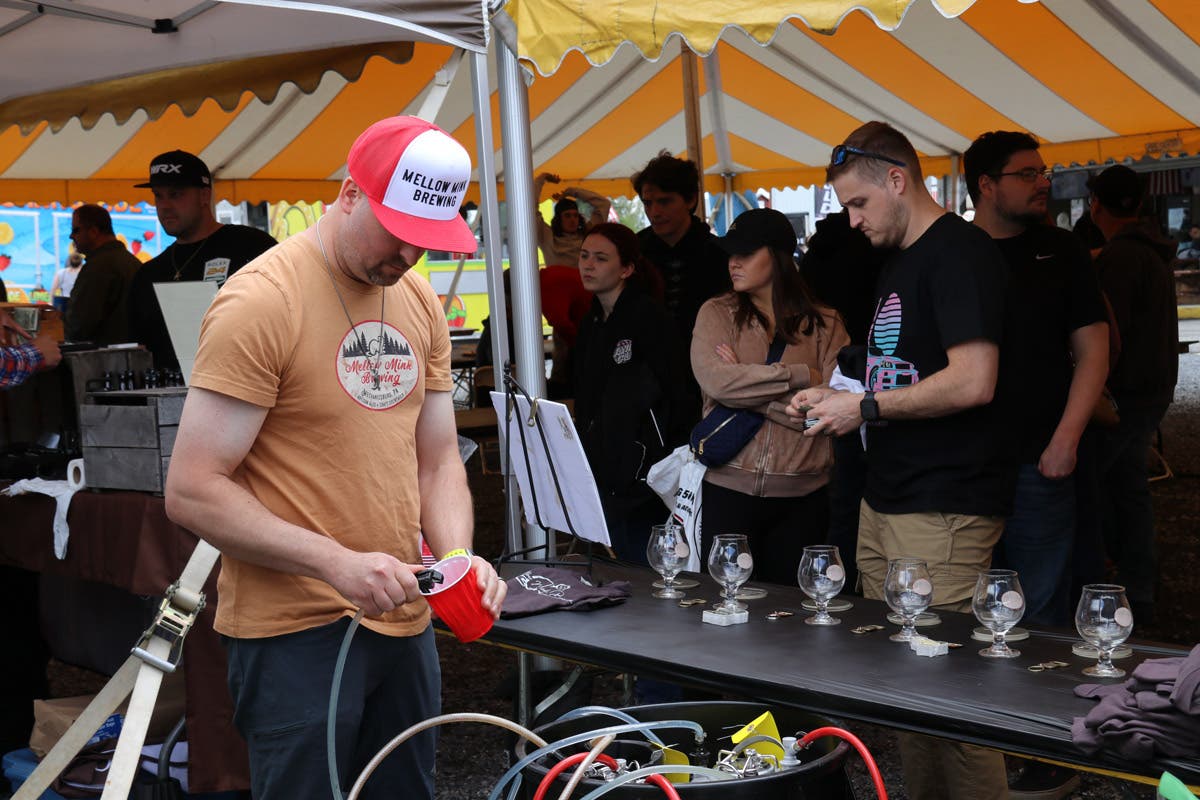Hot Rod Builder ‘Lil John’ Buttera Dies
John Buttera, who left his stamp on the drag racing world in the 1970s by building a series of winning Funny Cars and dragsters before moving on and creating some of hot rodding’s most memorable street rods of the 1980s and 1990s, and built the first billet wheels, died March 2 after a long battle with cancer. He was 67.
It's been a tough week in the world of Hot Rodding.
John Buttera, who left his stamp on the drag racing world in the 1970s by building a series of winning Funny Cars and dragsters before moving on and creating some of hot rodding's most memorable street rods of the 1980s and 1990s, and built the first billet wheels, died March 2 after a long battle with cancer. He was 67.
Buttera genius was highlighted in his 1979 three-window coupe which showcased many parts he milled from aluminum creating the template that would be followed by other hot rodders for the next two decades.
Buttera began his career in his native Kenosha, Wis., when he teamed with Dennis Rollain to form R&B Chassis. They fielded a very light unblown fuel dragster, but a chance meeting with Mickey Thompson in the staging lanes at the U.S. Nationals in the late 1960s led him to move to Southern California, changing his life forever.
After initially working for Thompson on his Ford-powered Land Speed Record streamliner, he built Thompson's blue Mustang Funny Car in which Danny Ongais dominated the 1969 season. He then opened his own chassis shop in Cerritos, Calif., where he built a radical streamlined dragster for Barry Setzer. His talents soon led such customers as Don “the Snake” Prudhomme, Tom “the Mongoose” McEwen, Don Schumacher, and Shirley Muldowney to his door for dragsters and Funny Cars. He built Schumacher's 1970 Indy-winning Funny Car, the Hot Wheels entries of Prudhomme and McEwen, the national-record-setting Braskett & Burgin Vega, and many more.
Buttera brought the high-tech, billet era to street rodding and was the first to manufacture his own wheels and independent suspensions from machined aluminum. He also did extensive development work for Harley-Davidson motorcycles and entered a stock block-powered car in the Indy 500 for which he received the 1987 Clint Brawner Mechanical Excellence Award.
Buttera died just four days after the death of his longtime friend, Boyd Coddington, who died Feb. 27 at age 63.
Buttera is survived by his son, Chris, daughter, Leigh, son-in-law Ronnie Capps, granddaughter, Katie, and grandson, Max.



